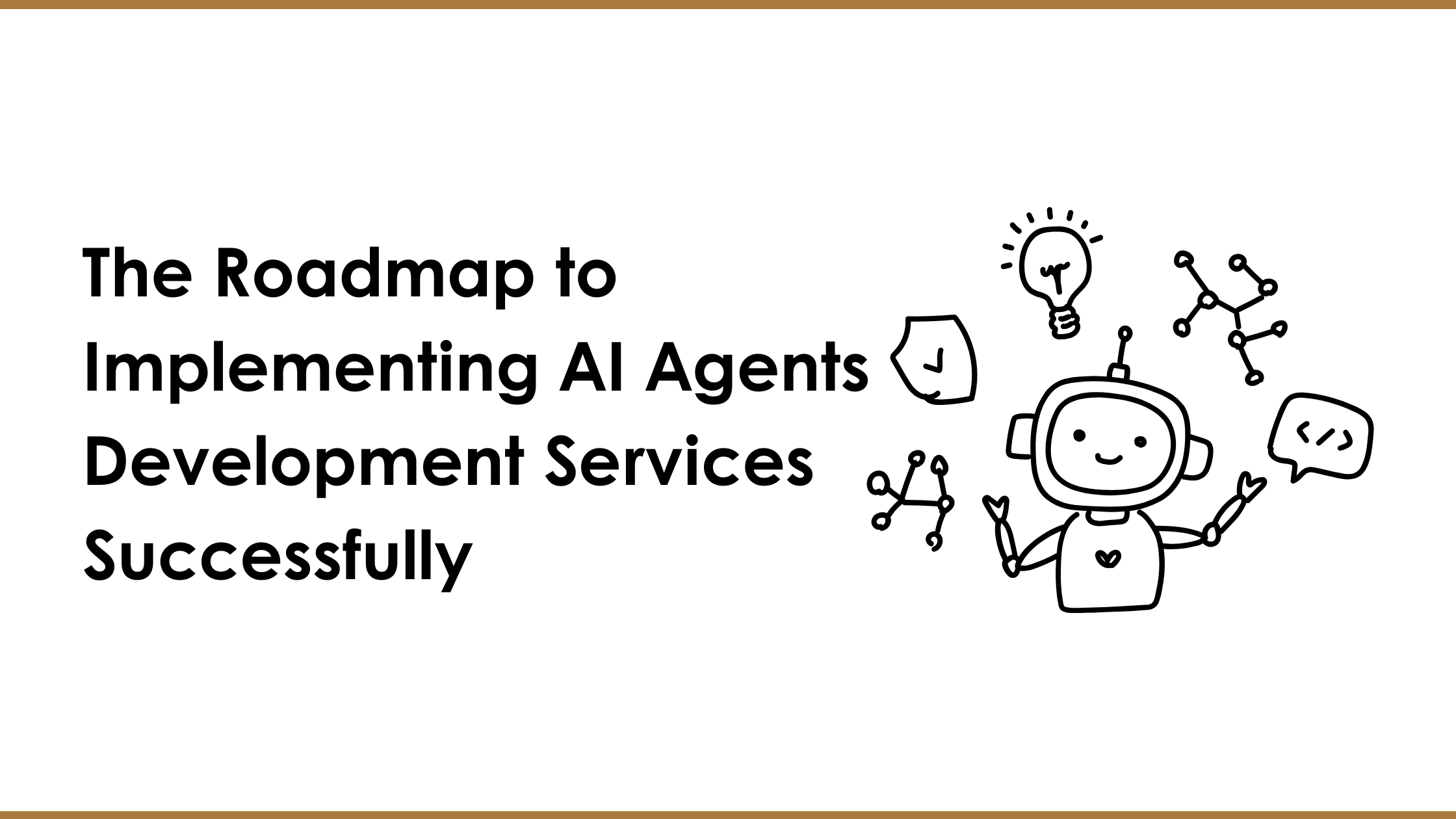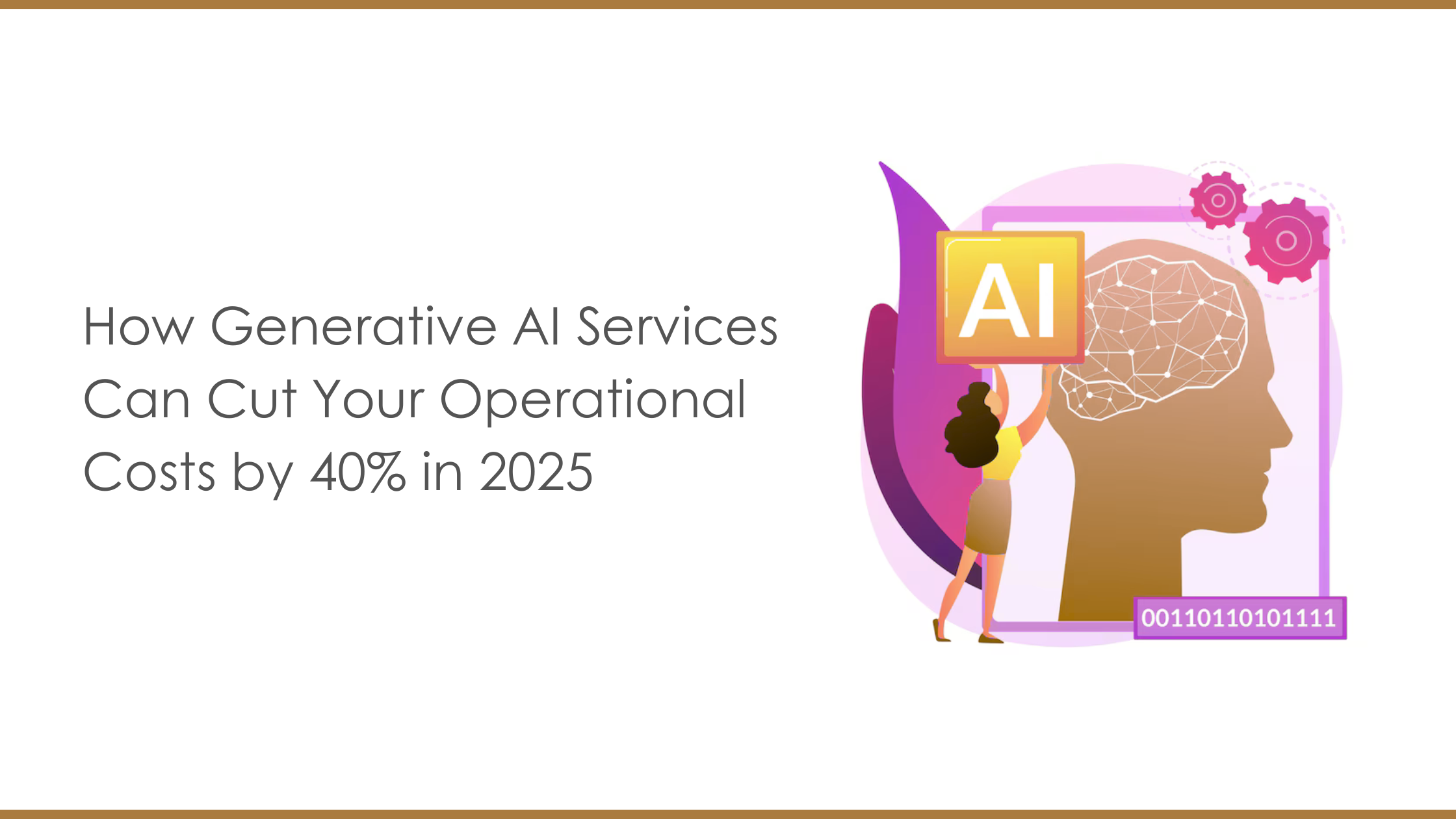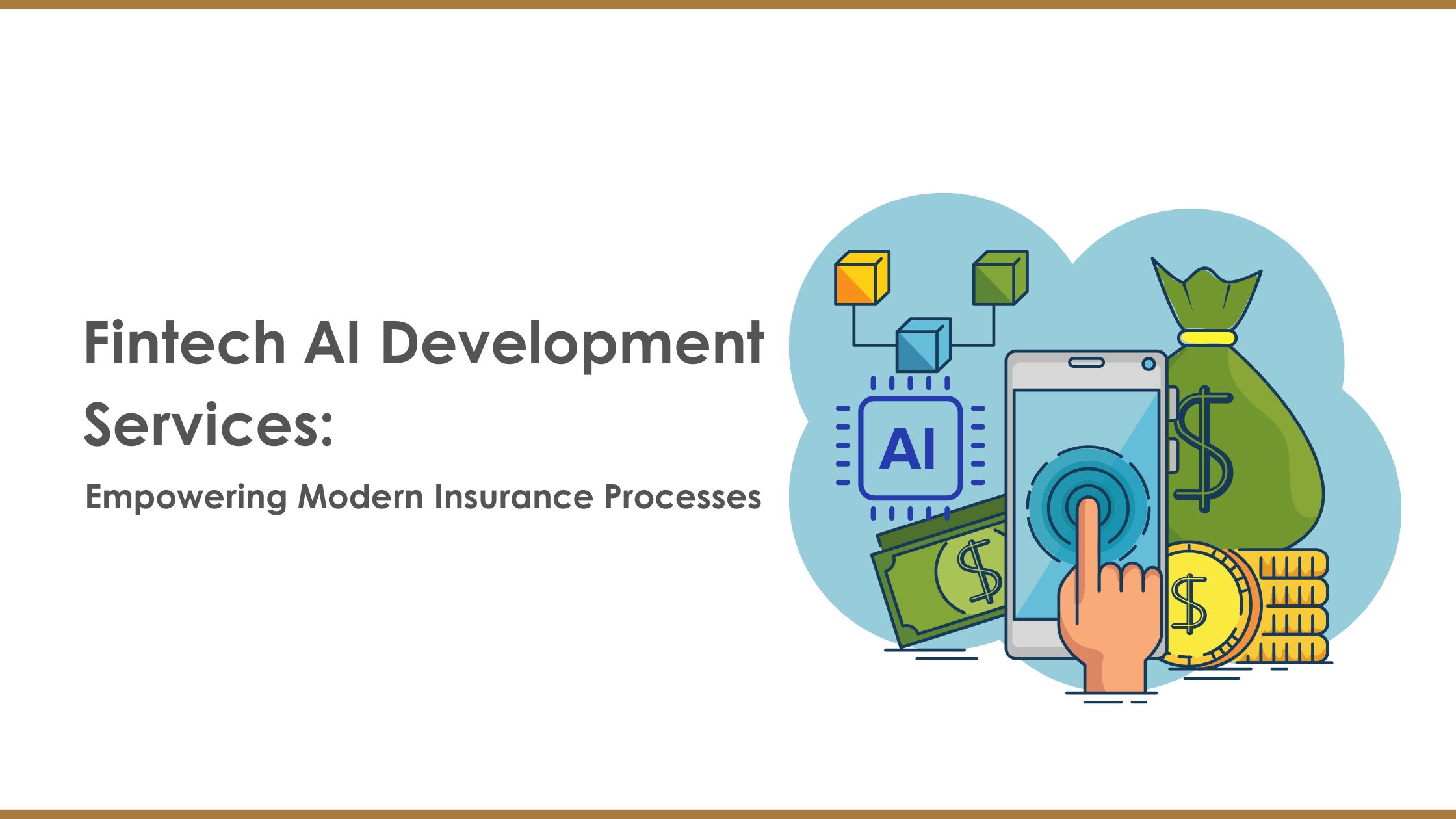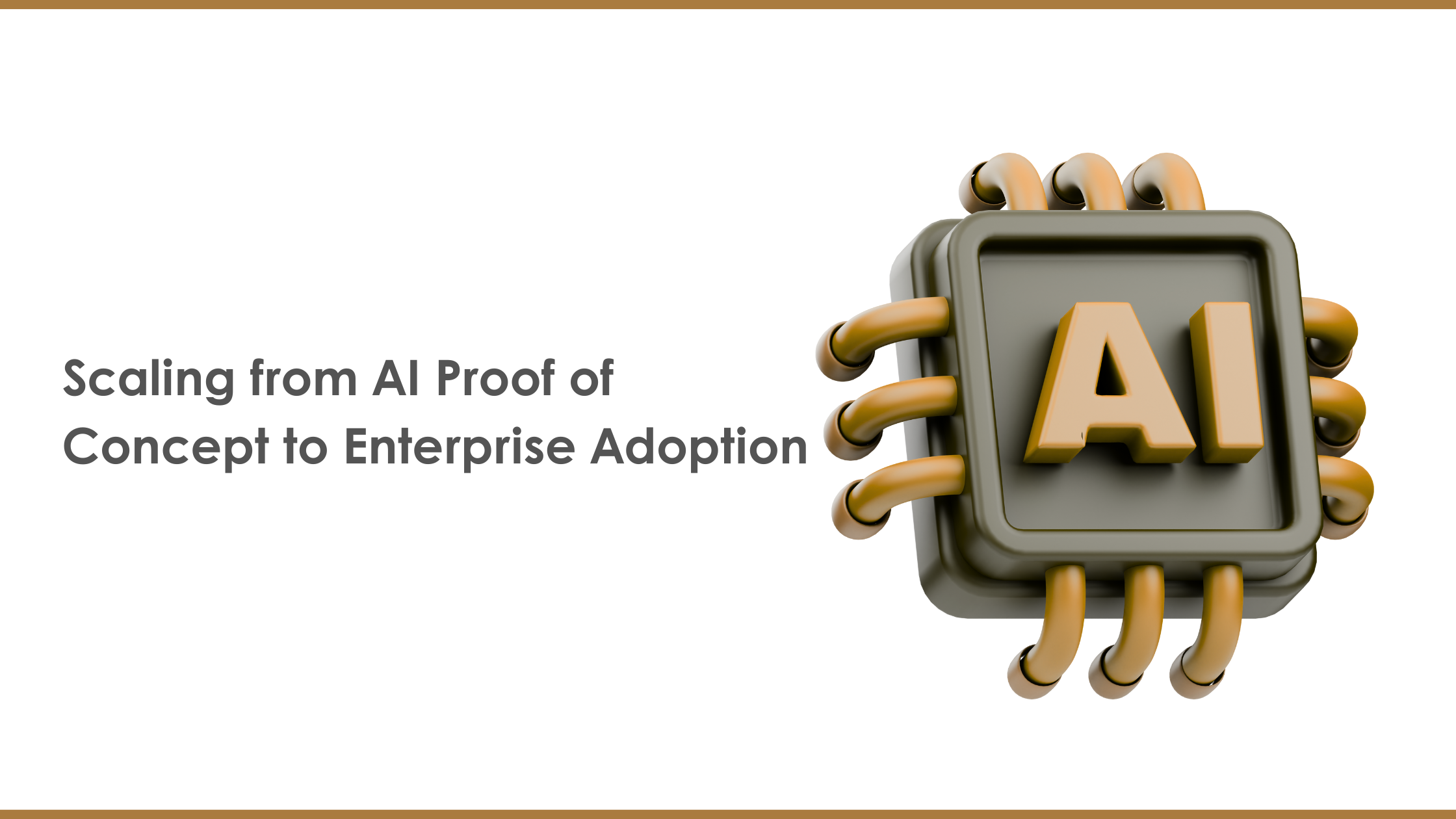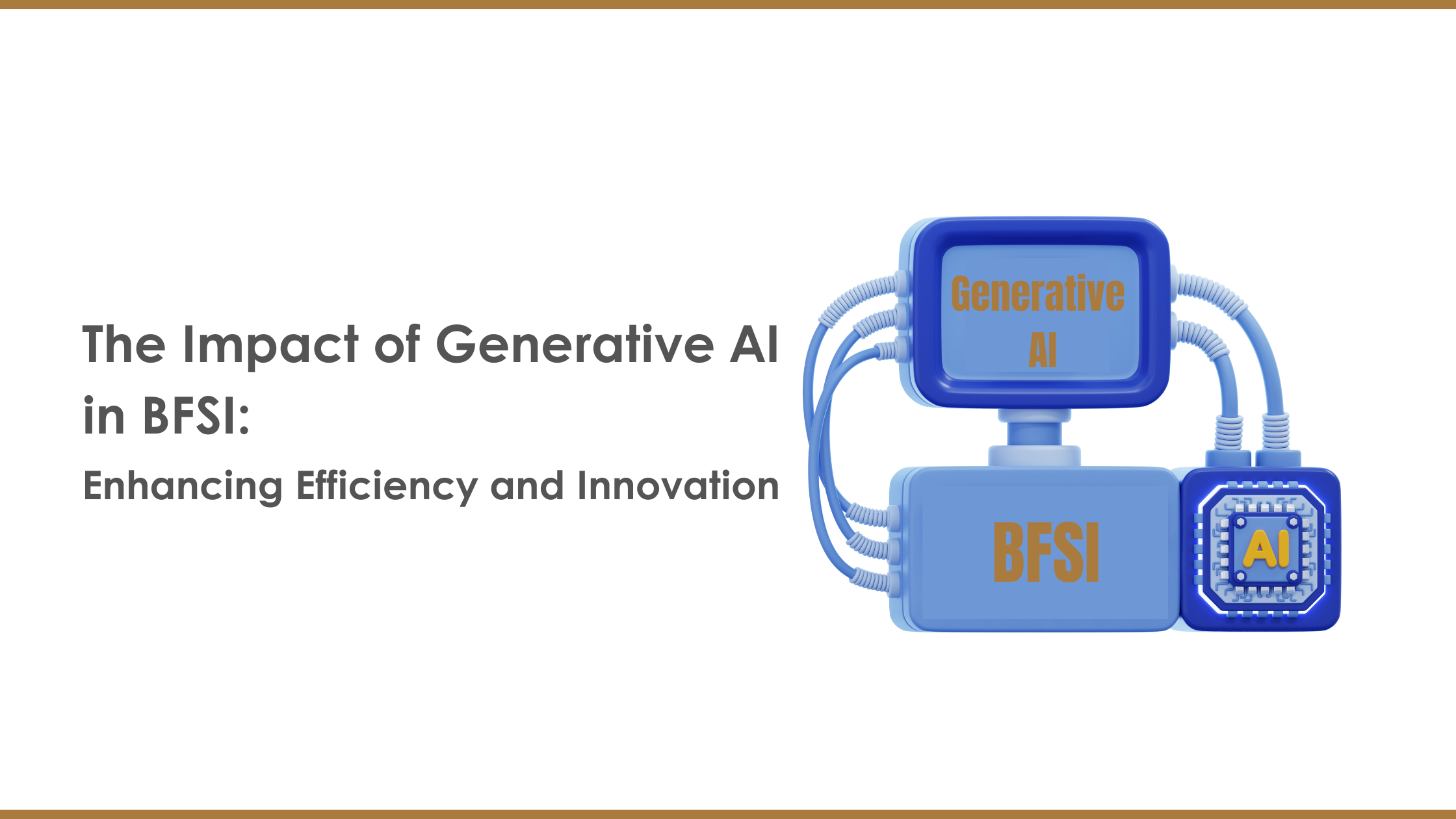AI Healthcare Solutions: Improving Patient Outcomes and Operational Efficiency
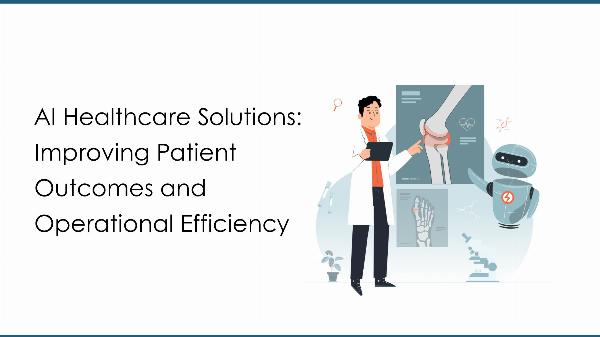
Strong 8k brings an ultra-HD IPTV experience to your living room and your pocket.
Artificial Intelligence (AI) is revolutionizing the healthcare industry by providing innovative solutions that improve patient outcomes and enhance operational efficiency. From advanced diagnostics to streamlined administrative processes, AI is transforming how healthcare is delivered. This blog delves into the latest AI applications in healthcare and their impact on patient care and healthcare management.
AI in Advanced Diagnostics
AI healthcare solutions are significantly enhancing diagnostic capabilities, leading to earlier detection and more accurate diagnoses of medical conditions.
AI-Powered Imaging Analysis
AI algorithms can analyze medical images with remarkable precision, identifying abnormalities that may be missed by human eyes. These AI-powered imaging tools are used in radiology, pathology, and dermatology to detect conditions such as cancer, fractures, and skin diseases.
Predictive Diagnostics
AI can analyze patient data, including medical history and genetic information, to predict the risk of developing certain diseases. This allows for proactive measures and early interventions, improving patient outcomes.
Integration with Electronic Health Records (EHR)
AI solutions can integrate with EHR systems to provide real-time diagnostic support. By analyzing patient data stored in EHRs, AI can offer diagnostic suggestions and highlight potential health concerns.
AI in Personalized Patient Care
AI is playing a crucial role in delivering personalized care to patients, ensuring treatments are tailored to individual needs and preferences.
Personalized Treatment Plans
AI can analyze vast amounts of patient data, including genetics, lifestyle, and previous treatments, to develop personalized treatment plans. This approach ensures that patients receive the most effective therapies based on their unique characteristics.
AI-Driven Wearables and Remote Monitoring
Wearable devices equipped with AI can monitor patients' vital signs and health metrics in real-time. These devices can detect irregularities and alert healthcare providers, enabling timely interventions and reducing hospital visits.
Virtual Health Assistants
AI-powered virtual health assistants can engage with patients through chatbots and voice assistants. These virtual assistants provide health information, medication reminders, and answer common medical questions, improving patient engagement and adherence to treatment plans.
AI in Medical Research and Drug Development
AI is accelerating medical research and drug development, leading to faster discoveries and more effective treatments.
Accelerating Drug Discovery
AI algorithms can process vast datasets to identify potential drug candidates and predict their effectiveness. This accelerates the drug discovery process, reducing the time and cost associated with developing new medications.
Analyzing Genomic Data
AI can analyze genomic data to identify genetic markers for diseases and potential treatment targets. This information is crucial for developing personalized medicine and understanding the genetic basis of diseases.
Optimizing Clinical Trials
AI can optimize clinical trials by selecting suitable candidates, predicting outcomes, and monitoring patient responses in real-time. This increases the efficiency and success rate of clinical trials.
AI in Healthcare Operations
Beyond clinical applications, AI is enhancing operational efficiency in healthcare settings, improving resource management and administrative processes.
Automating Administrative Tasks
AI can automate routine administrative tasks such as scheduling appointments, billing, and managing patient records. This reduces the administrative burden on healthcare providers, allowing them to focus more on patient care.
Optimizing Resource Allocation
AI can predict patient admissions, discharges, and bed occupancy, enabling hospitals to optimize resource allocation. This ensures that healthcare facilities operate efficiently, reducing wait times and improving patient care.
Enhancing Supply Chain Management
AI can streamline supply chain management by predicting demand for medical supplies and optimizing inventory levels. This ensures that healthcare facilities have the necessary resources to provide quality care.
Ethical and Regulatory Considerations
While AI healthcare solutions offer numerous benefits, they also raise ethical and regulatory considerations that must be addressed.
Ensuring Data Privacy and Security
AI in healthcare involves handling sensitive patient data. Ensuring data privacy and security is paramount to protect patient information from breaches and misuse.
Transparency and Accountability
AI algorithms must be transparent and accountable. Healthcare providers need to understand how AI makes decisions to ensure that these decisions are ethical and in the best interest of patients.
Adhering to Regulatory Standards
AI healthcare solutions must comply with regulatory standards set by health authorities. This includes ensuring the accuracy, safety, and efficacy of AI-driven medical devices and applications.
Conclusion
AI healthcare solutions are transforming the medical field by improving diagnostics, personalizing patient care, accelerating medical research, and enhancing operational efficiency. By leveraging AI, healthcare providers can deliver more accurate, efficient, and personalized care, ultimately improving patient outcomes and satisfaction.
As AI continues to evolve, it will play an increasingly vital role in shaping the future of healthcare. However, it is essential to address the ethical and regulatory challenges associated with AI to ensure that its implementation is safe, transparent, and beneficial for all.
Embrace the potential of AI healthcare solutions to transform your medical practice and stay at the forefront of innovation in healthcare.
Note: IndiBlogHub features both user-submitted and editorial content. We do not verify third-party contributions. Read our Disclaimer and Privacy Policyfor details.



